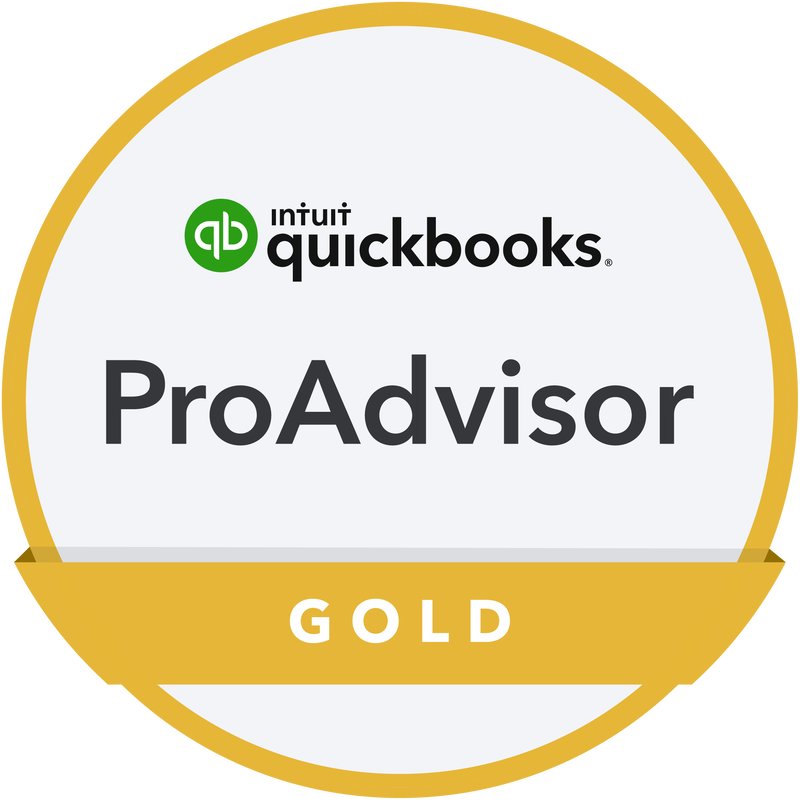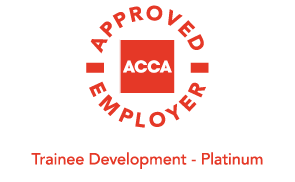PROJECT MANAGEMENT - KEEPING ON TRACK
Published 25 March 2020
PROJECT MANAGEMENT - KEEPING ON TRACK
How to keep a big project on track when you are managing conflicting priorities.
At the beginning, managing a big project can be exciting and everyone wants to get involved. However, as time goes by, other priorities can prove distracting. Maintaining focus is key to successfully delivering any big project.
Involve your key stakeholders
Every project requires you to solve problems for one or more stakeholders. Sit down and discuss your project with colleagues who manage finance, operations, IT and sales. Ask them to feed into your project plan and share their ideas.
Once you’ve gathered their inputs, break the project down into a list of deliverables and set out the inputs that are required from each stakeholder in order to achieve your project goals. Identify the “must haves” and the “nice to haves”. Prioritise the “must haves” and set these out as the top priorities for your project.
Set realistic deadlines
Build in some extra time when you set your deadlines for each phase of the project. There will be delays, things will go wrong and you will have to rethink certain decisions if they prove too difficult to implement. Build in some contingencies so that your timelines allow for setbacks. If everything goes well, then you might even end up delivering your project ahead of schedule. Ensure that you have regular weekly team meetings to discuss deliverables and deadlines - this will help you to stay on track. If someone is unable to meet a deadline, it shouldn’t affect the rest of the project, if you have built in sufficient contingencies.
Seek feedback
Start with your internal stakeholders – involve them in decision-making and ask them to share their views on various aspects of your project. Most projects can also benefit from some external feedback. It can be useful to seek feedback from your clients too. Maybe they worked on a similar project in their own organisation and they may be able to share some of their experiences, which could help you to avoid making some of the same mistakes.
Consider the bigger picture
Every once in a while it can be useful to take a step back and consider your project in the context of the wider business. Revisit your list of “must haves’ and “nice to haves” on a regular basis. Has anything changed or are you still working towards the same objective? Perhaps you may need to refine your project as certain parts of the firm may have evolved. Consider the purpose of your project and focus on your key deliverables and deadlines. If things change, update your project plan and keep moving forward from there.
THE HUMBLE MANAGER
Various studies have shown that humble managers listen more effectively and inspire good teamwork.
At a managerial level, traits associated with humility such as asking for feedback and focusing on employee needs tend to result in higher levels of engagement from direct reports. Most of us will be familiar with the phrase “never assume you are the smartest person in the room.” Humble leaders understand that they are probably not the smartest person in every room – but they also understand that they don’t need to be.
Humble leaders encourage others to speak up, they respect differences of opinion and they champion the best ideas regardless of whether they originate from a top-level manager or a more junior employee. When a manager works to harness input from everyone in this way, it carries through to others in the firm. As other team members emulate the approach, the business will tend to shift towards a culture of getting the best out of every individual. Humble managers shine when things go wrong. A humble manager will admit to mistakes and they will take responsibility for the actions of their team. When things go right, they will turn the spotlight onto others. This helps to develop trust between the manager and their direct reports – they are seen by their people as being fair and authentic. This generates buy-in, commitment and positivity across teams.
Humble mangers tend to welcome constructive feedback. They see constructive criticism as an opportunity to learn and improve. When others see that their manager can accept feedback and want to change their approach in order to get it right next time, they will adopt a similar attitude. Constructive feedback then becomes a learning opportunity for the team rather than a source of negativity.
GOOGLE MY BUSINESS
Google My Business is a service provided by Google that literally puts your business on the map.
You’ve probably seen Google My Business before when searching for “restaurants, shops, petrol stations, etc. near me,” on your mobile phone. The listing will display the name of the business, its rating on Google Reviews, opening hours, address and contact details. Depending on the kind of business you run, you can list a menu or a list of services too. Customers then have the option to make bookings directly through your listing.
Despite being so helpful, a high percentage of UK small businesses don’t manage a search engine listing or map listing for their business. It’s easy to set up in a few clicks and track updates through the accompanying app. Or if you need more, Google can help you to create a fully mobile-optimised website in less than 30 minutes.
Recently, Google added a new functionality where you can add your branding as well as a cover photo and a selection of other photos that really show what your business is about. To target even more customers, you can add special offers to your listing.
Analytics on the tool help you monitor engagement, including clicks, calls, bookings and follows. You can review these performance metrics in your Business Profile page on Google. Users can also control how their business appears on Google search and Google Maps.
If you run a service-based business such as an electrician or an accountant, you can even let customers know where you’re based.
It is important to keep your listing up to date. Customers can leave reviews and it always looks better if a business responds to any online reviews. It’s worth noting that you can’t remove customer reviews from your listing. However, if there is a particular review that is unhelpful, you can flag it to Google and request that it is removed.
These days most customers search online when they want to find a business (usually using their mobile phone). By listing your firm on Google My Business, you maximise the chances of new customers finding your firm.
IS FACEBOOK ADVERTISING RIGHT FOR YOUR BUSINESS?
Facebook is one of the biggest social media platforms in the world. In recent years Facebook advertising has become commonplace – but is it an effective means of advertising for your business?
Facebook has a huge global audience – it is one of the world’s most popular social media platforms. It is also widely used throughout the day. People tend to access social media on mobile devices as well as on computers - this gives you a bigger window of opportunity as your target market is just as likely to see your advert on their mobile phone - during their morning commute - as they are when they are sitting at a desk, browsing social media updates.
So, in theory, Facebook advertising offers the potential to access a huge audience throughout the day (and night). However, to create effective Facebook advertising, you need to set some objectives for your campaign. For example - are you trying to increase your brand awareness or are you trying to drive traffic to your company website? Do you want to encourage people to buy a product or subscribe to updates? Does your firm have an online store that you want to drive traffic to?
The Facebook Ads platform focuses on placing your products and services in front of an audience. However, it takes careful planning in order to create a successful campaign. Think about your target audience and what you want them to do as a result of seeing your advert. If you want them to subscribe or buy a product, you need to give them a reason for doing so. Your audience wants to know what’s in it for them – so tell them.
If you are trying to generate leads from your Facebook campaign, remember – people come to social media to be entertained. If you craft the right message, you will be able to engage an audience but you will also need to have a compelling offering. For example, if you run a photography business, you could offer a free photo shoot for the first 2 businesses to sign up via Facebook for some corporate head-shots. If you offer services via an app, you could offer a free 1 year subscription to the first 10 people to download your app, and so on.
If you are trying to generate brand awareness, you may want to share some thought leadership or video content for free. For example, you may decide to produce an interesting video that encourages users to like and share it with their friends and contacts on Facebook. If the content is really good, they are more likely to share it.
If you are a local business offering local services to local clients, you will need to be very targeted in your approach. You can use Facebook’s geo-targeting options to market to a set of specific users based on their geographic location. If you want to target an audience based on age profile, this might determine whether Facebook is the right platform at all. Perhaps younger customers are using other social media sites whereas older generations may not use social media at all.
Whether Facebook advertising is right for your business really depends on what you are trying to achieve. The most important thing is to set out some clear objectives then you can identify your target market and select the most appropriate media. Does Facebook advertising work? Yes, if it is used correctly but it is only a tool. The key is to make sure that you choose the right tool for the job.
Location |
Registered as Auditors and regulated for a range of investment business activities in the United Kingdom by the Association of Chartered Certified Accountants Copyright@2018 Mayes Business Partnership Ltd 1974-2024
|












